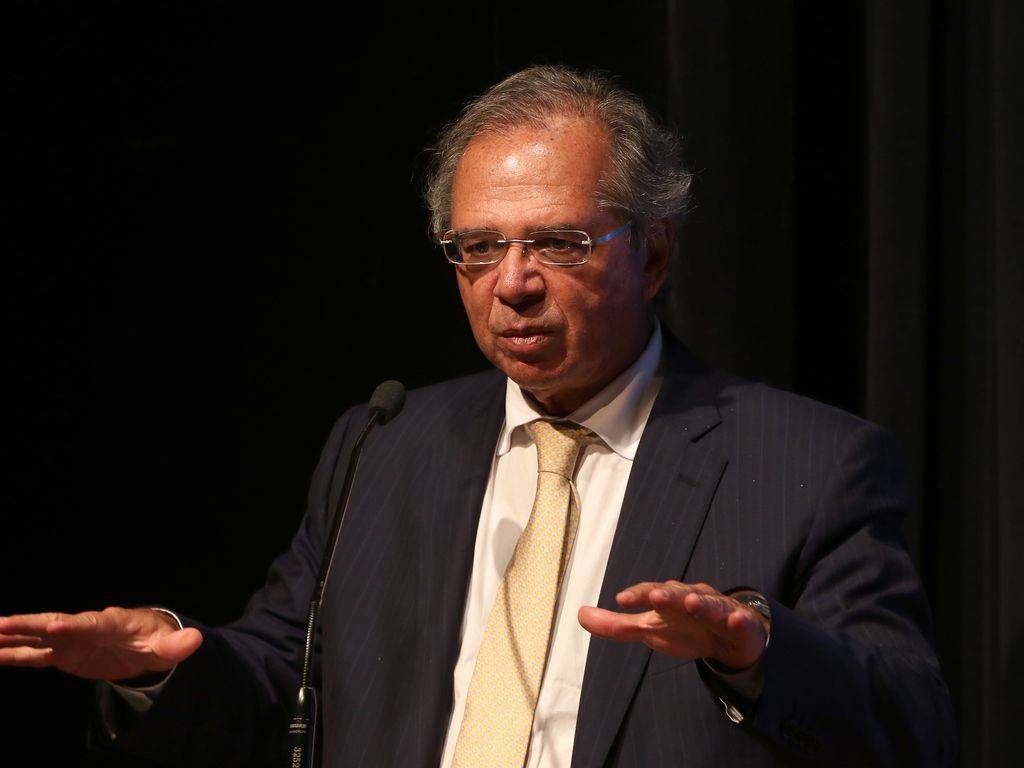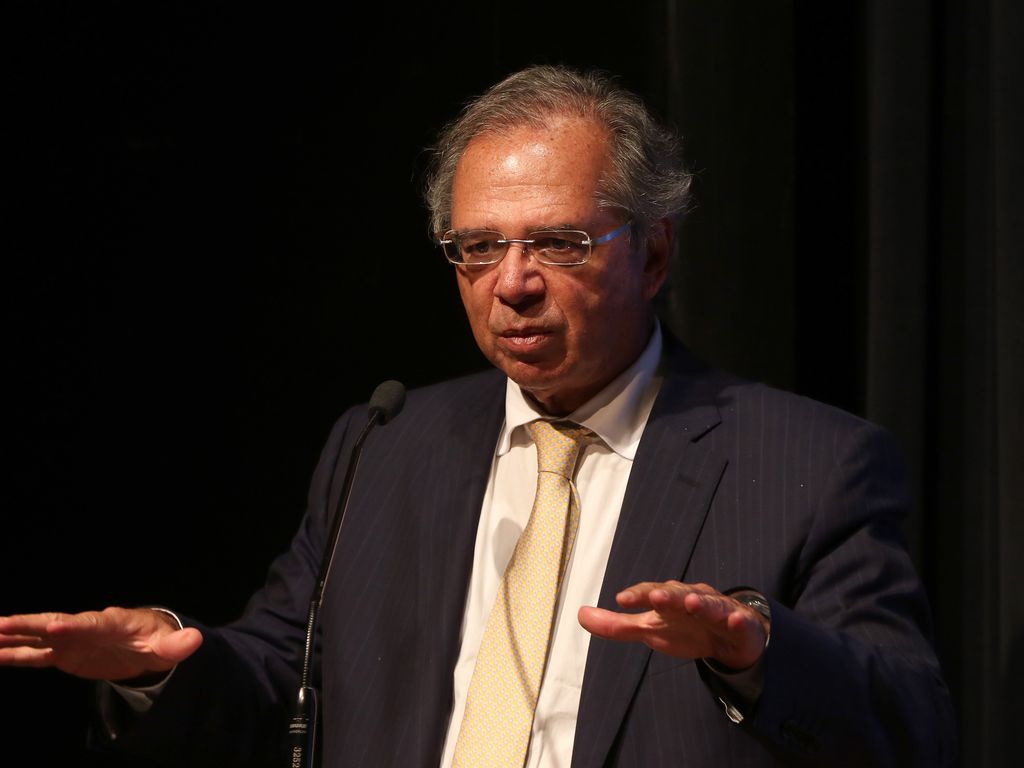Economy Minister Paulo Guedes said Friday, during an event in Rio, that next year’s budget forecasts resources of between R$25 billion and R$30 billion to absorb a boost from R$250 to R$300 from the Bolsa Família programme. He added that there was, however, “smoke in the air” over possible extraordinary budget expenditures, which could force some reprogramming.
Without specifying what these potential extraordinary expenditures would be, Guedes explained that, sometimes, other countries’ decisions can have a “significant impact” on the budget. “So far, we know that the Bolsa Família program is perfectly couched in the Financial Responsibility Act and within the limits of the ceiling. We are always afraid. There is smoke in the air, but I prefer that we are already working on a direct attack on this potential factor,” Guedes said.
The minister added that he is working on sending the first version of the budget at the end of this month, with the schedule for 2022. He did not clarify what change the new budget requirements could bring.
Guedes emphasized during the event that the Brazilian state is a “factory of inequality”, with a heavy tax burden on companies and employees, while “the very wealthy,” business owners, are exempt from receiving dividend earnings.
Dividends are taxed worldwide, up to 40%. And in Brazil, they paid zero taxes. The wealthy do not pay any tax. Last year, there were R$380 billion in profits that were not subject to income tax. “It is an inequality machine, to produce inequality, like the whole country in Brazil,” the minister said.
Geddes reiterated that the tax reform proposal would reduce corporate and employee taxes. According to him, the tax burden on legal entities has been increasing for 40 years, in order to finance the “disorderly expenditures” of the public sector. “As long as the money is in the company, and it generates jobs and income, the tax will be reduced to 21.5%, which is a significant reduction,” the minister said.
Regarding individuals, Guedes added that 15 million Brazilians are exempt from paying income tax. We made a very strong exemption. Low income earners were paying. “We exempt the most vulnerable and everyone who declares income tax will pay lower taxes,” the minister said.
Guedes noted that when the government obtained parliamentary support, it was quickly able to approve its reforms, as was the case with the Independent Central Bank, the Sewage Act, the Natural Gas Act, the Bankruptcy Act, the privatization of Correios and the privatization of Eletrobras. “Reforms and vaccinations are where Brazil needs to go,” he said.
This Friday, the minister participated in the launch of an application called SPUApp. The application reduces bureaucracy so that offshore land owners can implement the so-called forgiveness (emptying) of the jurisdiction, becoming 100% landowners.
Related









